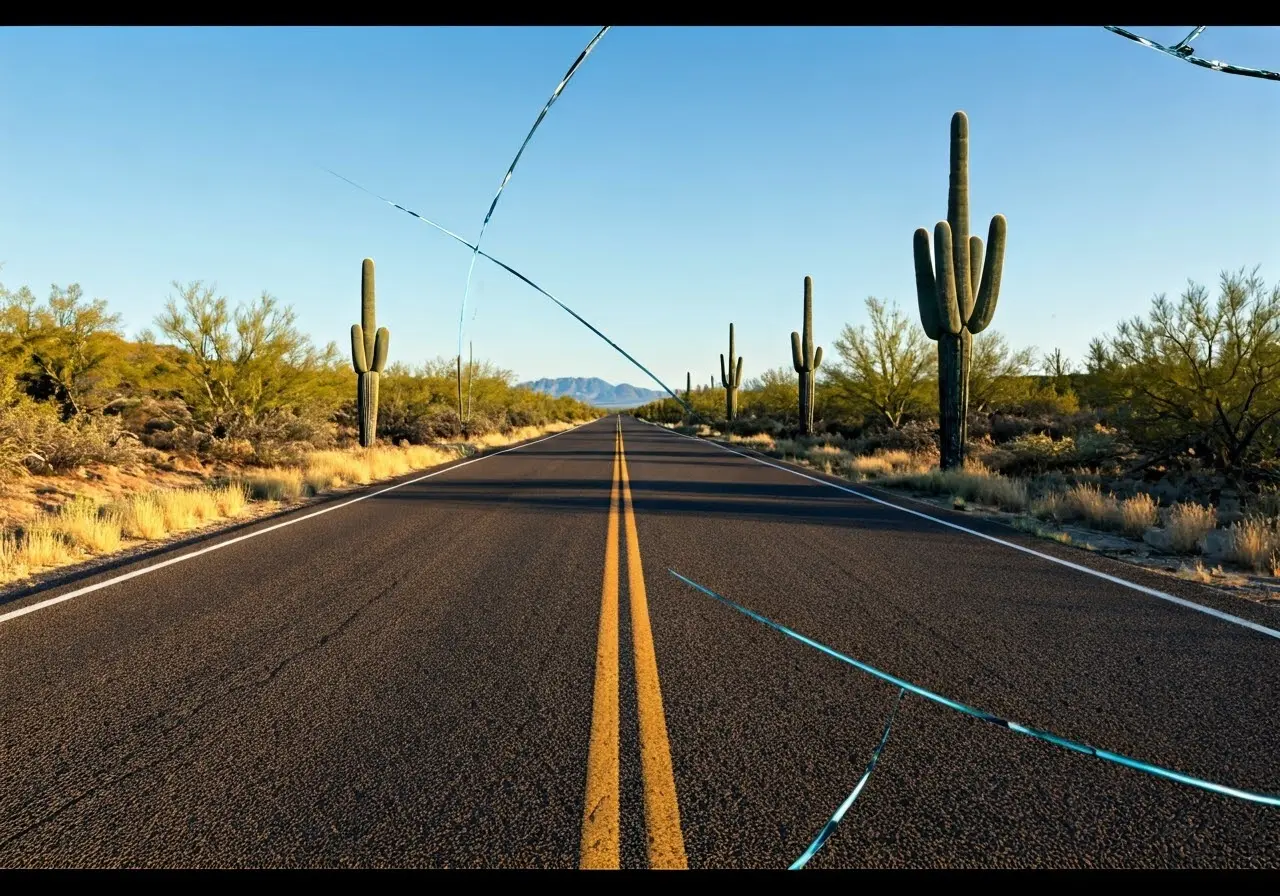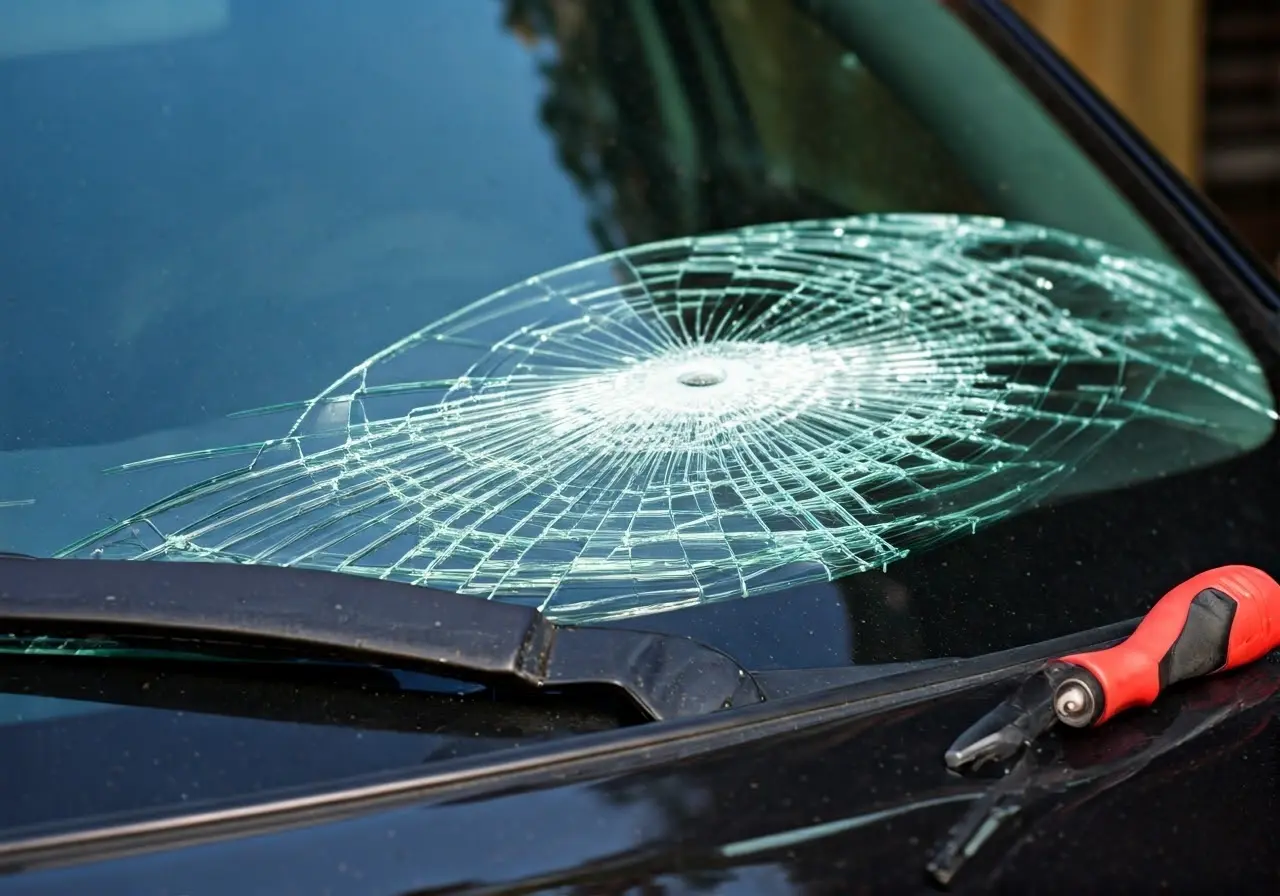Ensuring your car is road-ready is more than just regular maintenance and check-ups. Vehicle calibration is a key player in keeping your driving experience safe and reliable, especially in bustling Phoenix where road conditions can vary. This blog aims to shed light on the critical role vehicle calibration plays in your car’s safety.
Understanding Vehicle Calibration: The Basics
Vehicle calibration involves adjusting the car’s systems and components to ensure optimal performance. Whether it’s aligning sensors or updating software, proper calibration is vital for modern vehicles to function correctly. Calibration integrates precise settings as prescribed by the vehicle’s manufacturer, which allows all systems to communicate effectively and make accurate predictions based on environmental cues. Before understanding its complexities, one must appreciate that every component in a modern car is intertwined within a high-tech ecosystem, designed to deliver maximum safety and performance. ADAS calibration acts like the brain’s control over its nervous system; without it, vehicle functions could falter causing errors ranging from inefficient to dangerously incorrect.
Moreover, calibration is essential after any structural modification or repair, such as windshield replacement, which could alter the positioning of crucial sensors that rely on millimeter-level accuracy to operate vehicles’ safety features efficiently. For Phoenix residents, adapting to evolving technologies is paramount, as the city’s congested roads demand higher reliance on assistive driving aids. Car calibration encompasses a broad scope, not only adapting software algorithms but also ensuring software integration meets the industry-standard performance metrics essential for maintaining harmonious operation among all car components.
The Role of Calibration in Modern Car Safety Features
Modern cars are equipped with advanced safety features like lane-keeping assist and adaptive cruise control, all of which rely heavily on accurate calibration. Ensuring these systems function properly can mean the difference between a safe journey and a potential accident. Every lane departure warning or automatic emergency brake relies on sophisticated algorithms that must be finely tuned through proper calibration procedures to guarantee these features work seamlessly. The sensitivity and response efficacy are directly impacted by the precision of the calibration, setting the stage for error-free functionality that is crucial in protecting drivers and pedestrians alike.
Systems like Driver Assistance make everyday journeys not only safer but also vastly more enjoyable by taking over mundane tasks and reducing fatigue. This luxurious ease of driving is not fully appreciated until miscalibration leads to error notifications or, worse, a malfunction. It’s essential not only to trust these systems but also to understand how intricately their successful function is tied to correct calibration. Driving in Phoenix, where your journey could range from an idyllic drive through desert scenery to hustle amidst city streets, optimal safety system functionality provides peace of mind knowing quick interventions are just milliseconds away.
Why Calibration is Particularly Important in Phoenix
Phoenix’s unique driving conditions, from hot summers to bustling cityscapes, can affect your vehicle’s alignment and sensor accuracy. Regular calibration helps tackle these challenges, ensuring your vehicle remains safe and efficient. The city’s blend of urban and suburban environments creates a diverse set of challenges for drivers and their vehicles, requiring vigilance against sensor misalignments. The extreme heat endemic to Arizona can cause component wear and tear at a rate faster than milder climates, affecting everything from the rubber components in suspension systems to electronic interfaces critical for modern navigation aids.
Navigating the city often involves dealing with construction detours, potholed roads, and heavy traffic – all stressors that can significantly misalign your vehicle’s sensors and systems. For vehicles equipped with modern ADAS technologies, recalibration is essential following even minor bumps or sudden jerks that could alter sensor alignment. For consistent navigational bliss, residents should consider incorporating regular calibration into their vehicle maintenance regimen, ensuring they maximize both safety and functionality in their cars, akin to performing routine checks before any road-intensive venture in Phoenix’s ever-changing landscape. Consider contacting Big Time Glass if ADAS recalibration is necessary after auto glass work.
Signs Your Vehicle Might Need Calibration
Noticeable steering issues, warning lights on the dashboard, or irregular sensor behavior may be indicators that your car requires calibration. Paying attention to these signs can prevent larger problems down the road. If you notice your steering wheel pulling to one side or an unexplained lag in sensor responses, it could be a clear indication that your vehicle needs professional attention. Persistent warning lights like those associated with lane assist or brake functions that blink erratically should never be ignored; they function as your vehicle’s early warning system.
There are several other subtle indicators, such as a reduction in fuel efficiency due to improper sensor communication or unusual sounds that arise during turns or acceleration. These are often overlooked symptoms that could unravel larger calibration issues beneath the surface. Anomalies might seem minor, manifesting as brief sensor hiccups or slight dashboard flickers but might hint at underlying sensor miscalibration. By recognizing the significance of such indicators and proactively seeking calibration, Phoenix drivers can maintain their vehicle’s health and their own safety, reducing the risk of system failures during critical moments on dynamic roads.
How to Ensure Proper Calibration for Your Vehicle
To keep your vehicle properly calibrated, consider regular professional check-ups. Trusted local auto shops in Phoenix offer specialized calibration services that cater to the unique needs of your car. Choosing the right service provider is crucial; look for those who demonstrate a thorough understanding of ADAS technologies and possess the latest calibration equipment. Establishing a consistent maintenance schedule ensures not only vehicular health but extends the lifespan of critical safety components that rely on sharp calibration for peak performance.
When undergoing glass repair or full replacement in Phoenix, be sure to enlist the services of proficient experts to manage ADAS calibration post-repair, assuring no compromise on sensor precision. Technologically advanced vehicles are sophisticated machines requiring experienced handlers to ensure every aspect from software to hardware is finely tuned. Moreover, understanding the specifics of your vehicle’s systems, supported by skilled technicians with field-proven expertise, can offer invaluable insights turning routine maintenance into a seamless experience while preventing potential mishaps due to inadvertent miscalibrations addressing both safety and efficiency on every journey through Phoenix.
Embrace Vehicle Calibration for a Safer Ride
In Phoenix, a city known for its dynamic roads and varied driving conditions, keeping your vehicle properly calibrated is essential. It not only safeguards your safety but also extends the life of your vehicle. By understanding the importance of vehicle calibration, you’re taking proactive steps towards safer and more efficient driving.



